Workshops
The Bachelor of Arts (Fine Art) has a two stage enrolment process in 2022. In stage one, you will enrol via Enrolment Online into our courses for semesters one and two. Please check stage one is complete before proceeding. In stage two, you will select your semester 1 classes for Fine Art Studio, Workshop and ART: History+Theory+Cultures via a preferencing process system.
This page will assist you with stage two of the enrolment process. Here you will find a list of potential semester 1 Workshop classes.
(Note: There is a separate page for Fine Art Studio classes and a separate page for ART: History+Theory+Cultures classes.)
You will only take one Workshop class in semester 1, but you need to list two (2) preferences. These workshops will be for both second and third year students and will be offered under the following course codes:
Workshop 3 VART 3651 (2nd year students)
Workshop 5 VART 3653 (3rd year students)
These are the course codes you enrolled into in stage one of the process.
Read the list below carefully and select two (2) Workshop classes you would be happy to take for semester 1. There will be an online form for preferencing NOT through myTimetable.
The form is available until the 7th February.
Remember, these Workshop classes are 12 credit point courses and will require 3 contact hours per week plus associated learner directed hours.
IMPORTANT PLEASE NOTE: You must not repeat any class in your preference lists. Every effort will be made to place you in your first preference classes.
Although we would like to offer all of the Workshop options below, classes are subject to viability and may not run if numbers are too low.
Course Information
Offering Studio & Studio Lead/Coordinator
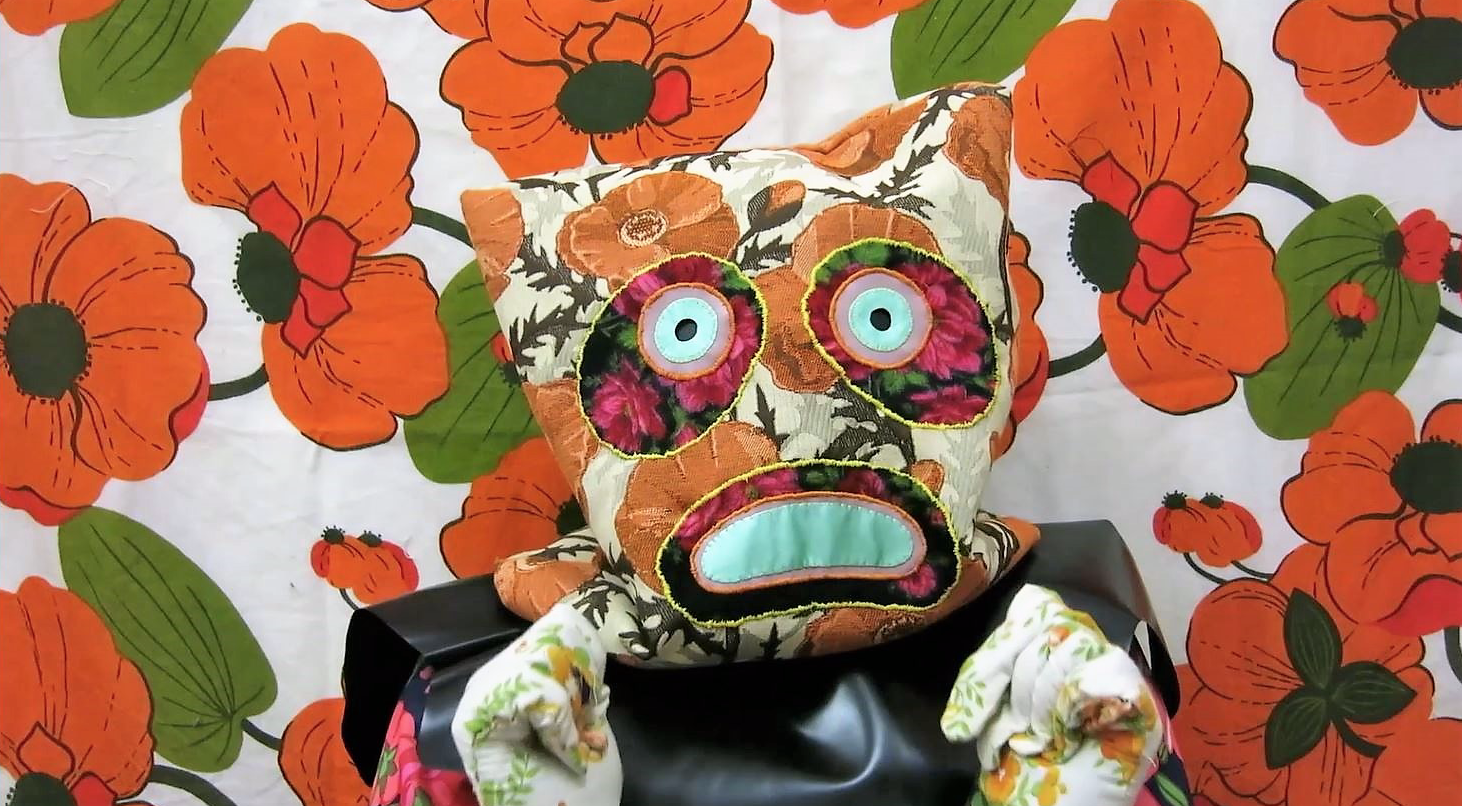
Amanda Wolf, Psst, Video still (detail), 2020. Image courtesy of the artist.
Workshop 1
Some workshop 1 courses will be available for preferencing based on limited numbers.
These are:
Ceramics - FULLG&S -FULLPrint - FULLSculpture - FULLVideo & Sound - some places still available
This is an introductory workshop course that will introduce you to the craft of the selected discipline. You will engage with materials, processes, tools, technologies and focus on acquiring the skills required to make art works. You will develop capacities to critically reflect upon, analyse and apply the technologies and processes within the specialised studio area by considering the fundamental principles and elements of art.
Video & Sound Workshop 1 – Friday 9.30 – 12.30
This is an introductory workshop course that will introduce you to the techniques of Video & Sound. You will engage with processes, tools, technologies and materials and focus on acquiring the skills required to make time-based art works. This workshop will inform your practical studio investigations through a series of projects. You will also develop capacities to critically reflect upon, analyse and apply the technologies and processes within your specialised studio by considering the fundamental principles and elements of art.
Digital Editing
Camera operation
Sound recording/editing
Post-production
Animation
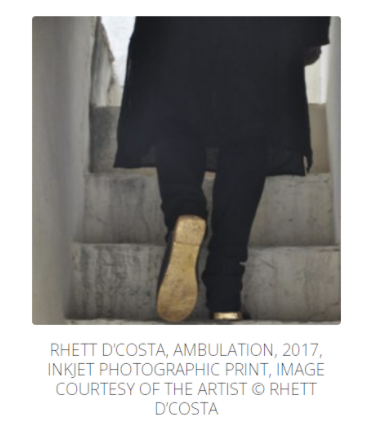
RHETT D’COSTA, AMBULATION, 2017, INKJET PHOTOGRAPHIC PRINT, IMAGE COURTESY OF THE ARTIST © RHETT D’COSTA
Art, Culture and Identity (cancelled)
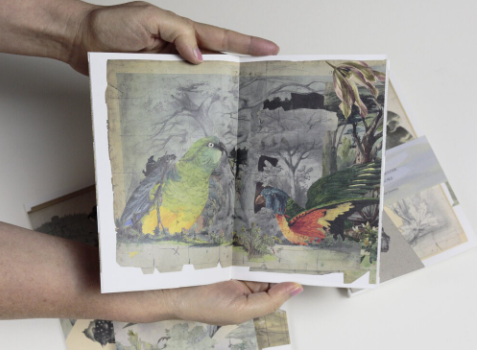
A Hemline of Sky Through Smoke, A Hemline of Forest Through Smoke, and A Hemline of Water Through Smoke (2020), Gracia Haby and Louise Jennison.
Artist's Books
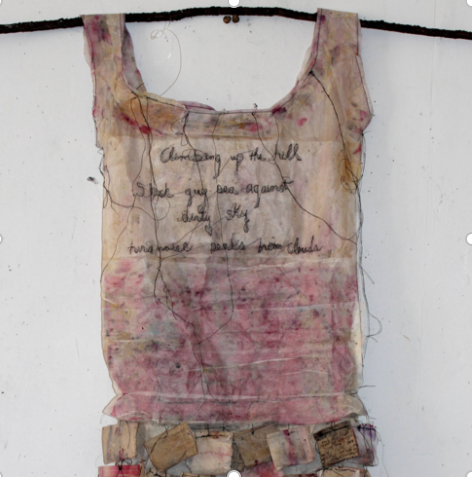
Cynthia Fusillo, Haiku Tea Dress 2013 (detail), collage, paper on paper
Body and Perception
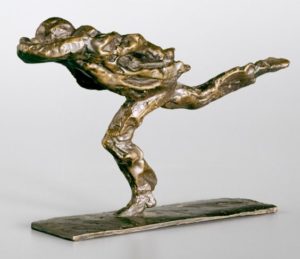
RICK AMOR RUNNING MAN, 1989, NGV COLLECTION MARGARET STEWART ENDOWMENT, 1991
© RICK AMOR/LICENSED BY COPYRIGHT AGENCY, AUSTRALIA
Bronze Foundry
In this course you will develop practical skills across a range of processes and materials commonly used in sculptural practice in the bronze foundry. You will be introduced to methods and materials involved in lost wax casting in order to make small bronze works. This method involves the completion of a series of steps from wax modelling, plaster and sand investments, melting and pouring bronze, finishing and patination. You will undertake these steps in sequence and as a group and this will require hands-on attendance at all classes. The course is mainly practical but with appropriate tutorial presentations covering theoretical and relevant historical background.
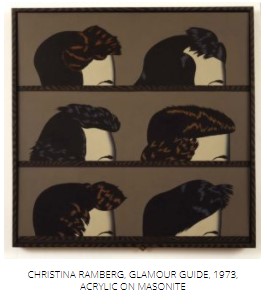
Christina Ramberg, Glamour Guide, 1973, Acrylic on Masonite
Contemporary Figuration
In this studio based workshop you will investigate a diverse range of conceptual and technical aspects of figuration. Through a series of projects you will experience the human image and the broader framework of the real, the landscape, the natural world and the body. Using strategies such as observation, models, reproductions and film as source material you will develop an individual approach to contemporary figuration. You will investigate ideas of narrative, distortion, movement, emptiness, and trace as form and content, in a way that explores the unique place of figuration in contemporary art. This workshop will enable you to explore the relationship between painting, drawing, photography, social media and film. Research and experimentation is a core strategy of the workshop leading to a group of individual resolved artworks. Visual lectures, individual and group tutorials, field trips, and demonstrations complement this workshop.
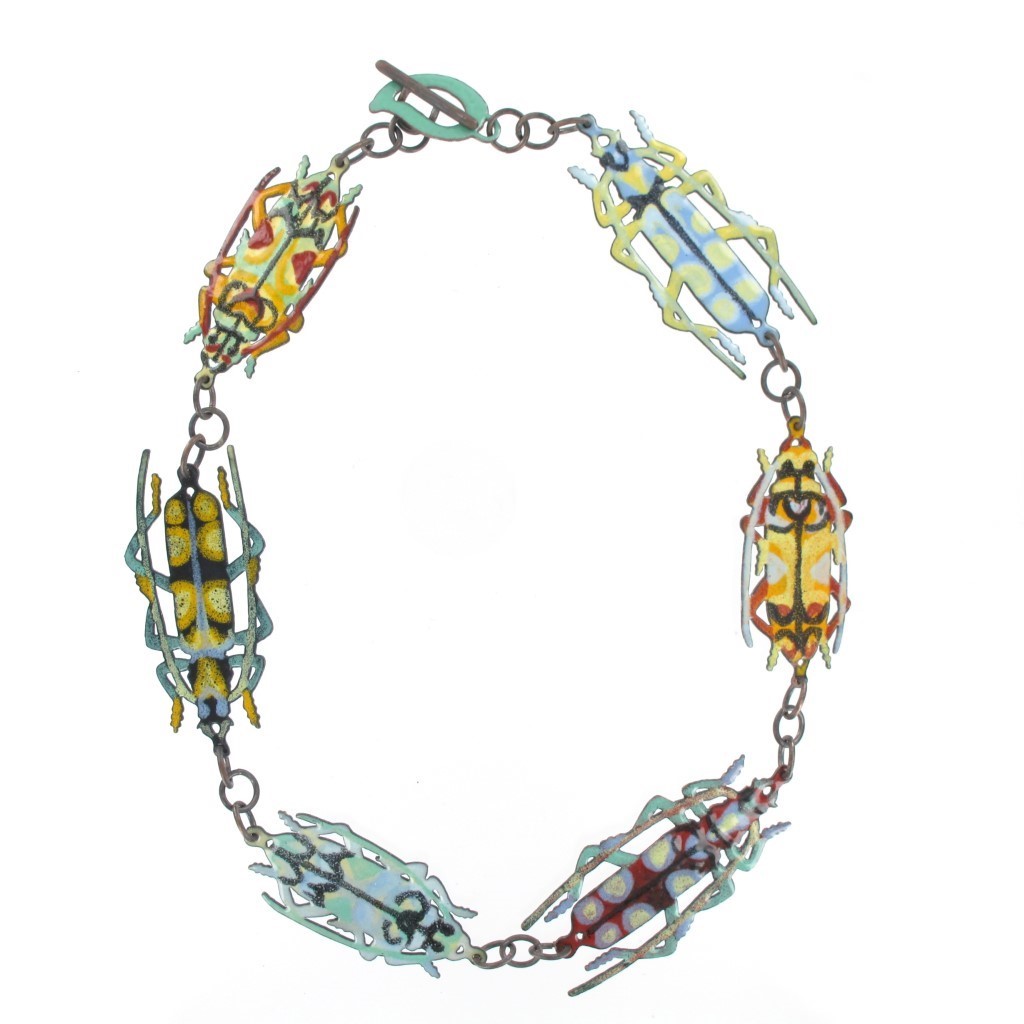
Katherine Hubble, Jewel Beetle 2014
Enamelling and colour for metal
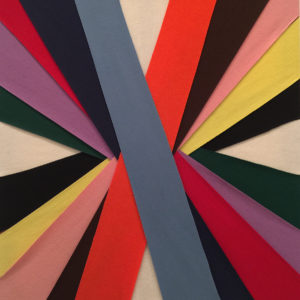
Image Credit: Anne-Marie May, Untitled (Construction of coloured rays), 1993, Coloured felt, NGV Collection. Photograph Peter Ellis
Expanded Painting Workshop
In this workshop, you will develop an understanding of the expanded field of painting to encompass painting as image and object, on and off the wall. You will experience an expansive view of painting and its contemporary applications. You will engage with installation strategies that invite exploration into site-specific work, the ephemeral, material process and the use of traditional and experimental media. The focus for the workshop is on key developments in historic and contemporary painting as image, narrative and object, painting’s relationship with photography and the internet, the relationship to space, the environment and the viewer. You will experience a series of propositions and projects that guide you towards an individual, sustainable practice that complements your fine art studio. You will experience trial installations, student presentations, visual lectures, gallery visits, supportive feedback and individual and group tutorials.
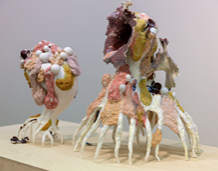
Artist: Erin Bussell / Photographer: Michael Quinlan.
Experimental Clay Materiality
An experimental approach to key ceramic materials in glaze formulation and their role in the development of unique surfaces. How extraneous factors such as found materials, kiln atmosphere, clay bodies and methods of application can promote unexpected outcomes.
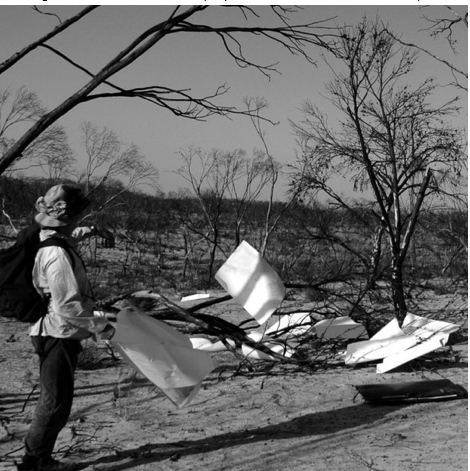
Jennifer Long, 2014, photograph of John Wolseley fieldwork, Mataranka N.T.
Fieldwork Drawing
Considering the notion of site and the environment, this workshop will introduce you to a range of drawing processes that revolve around established fieldwork methodologies, for example, collecting, gathering, documenting, interpreting, analysing and translating, extending to personal, experiential and social perceptions of site.
You will be encouraged to undertake a series of fieldwork projects to extend your studio practice working directly into a site as well as gathering materials to bring back into a studio practice. You may also work alongside a professional Aquatic Environmental Research Group (AQUEST) who will share their research processes on site at various waterways around Melbourne. The AQUEST research group are focussed on water management, waterway health, biodiversity, water toxicology and environmental sustainability.
Please not that this course will involve some travel a current Myki card will be essential
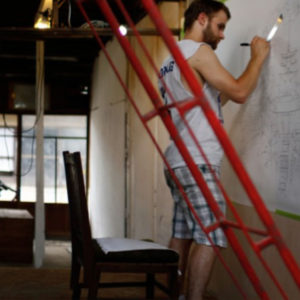
Student on site, Tammy Hulbert
Internship
In this course, you will participate in an internship or artist in residence program in an arts or cultural organisation, company, festival, gallery, museum or studio, through dual negotiation with the industry and the School of Art. You will be expected to work as directed by the host organisation, to address and solve real issues in an arts industry workplace environment.
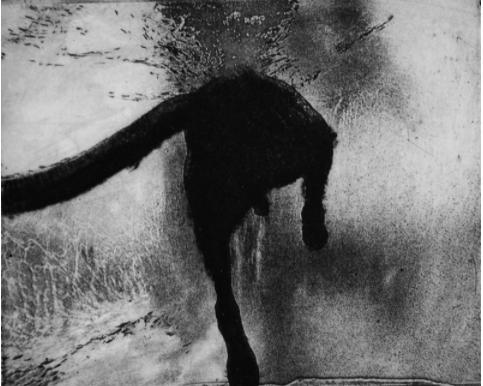
Deborah Williams, Sudden disturbance, 2021, photographic etching and roulette, dimensions 14.5 x 14.5, edition 6. Image courtesy of Artist
Photographic Etching: From unique to multiple
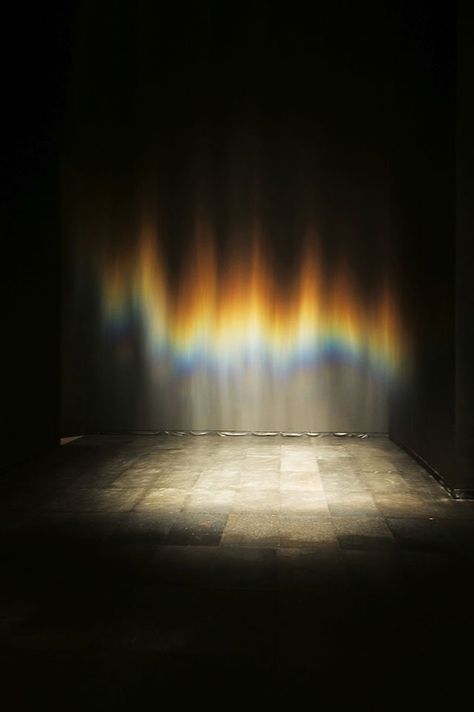
OLAFUR ELIASSON, BEAUTY, 1993 SAN FRANCISCO MUSEUM OF MODERN ART,
Projection Light and Optics
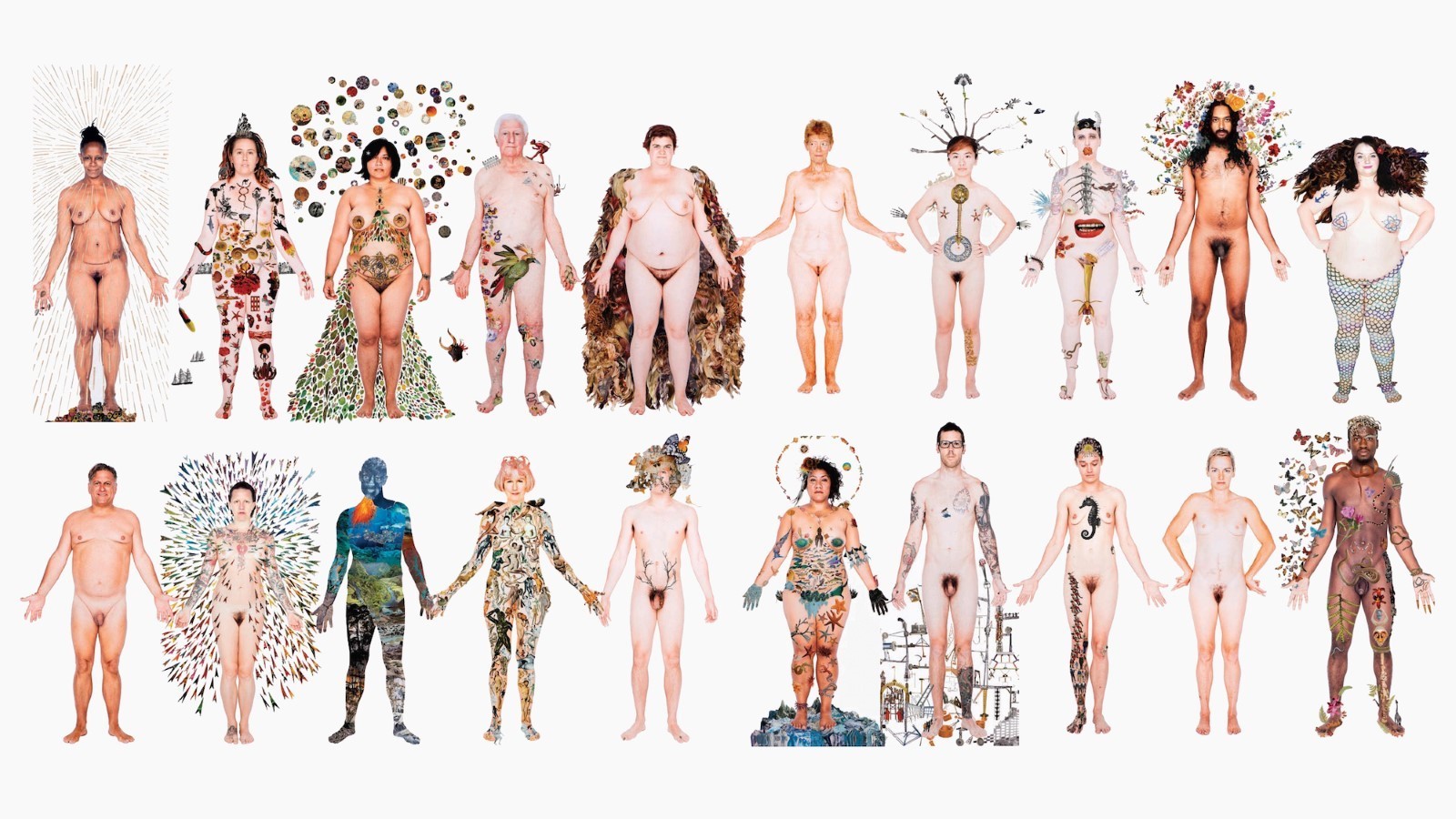
Deborah Kelly No Human Being Is Illegal (in all our glory)
Big Anxiety Festival exchange project
In this course, you will produce new work as part of a collaborative post-pandemic exhibition project at RMIT Galleries with nurses and midwives as part of The Big Anxiety Festival 2022 — a national arts festival using art and creative practice to stimulate dialogue about mental health and wellbeing.
Students in this course will work with nurses and midwives to create and exhibit a collaborative exhibition, drawing on frameworks of community-led archives, and economies of gifting and exchange. Nurses and midwives will be invited to contribute a creative response about their pandemic experience (e.g an artwork, poem, wearable art, photograph etc). Students will create works in response to these submissions which will be exhibited together at RMIT Galleries before being gifted to project participants.
Professional artists, nurses, and curators will support you to work through the ethical, aesthetic, and logistical aspects of collaboration and exhibition practice. We will approach this project from a position of care for each other and for our collaborators and engage in conversations about the ethics of care and collaboration, and the relationship between art and crises. Workshops, field trips, readings, and presentations will support your learning and guide the exhibition outcomes.
Students from all studio areas in the School of Art are encouraged to apply for this exciting project.